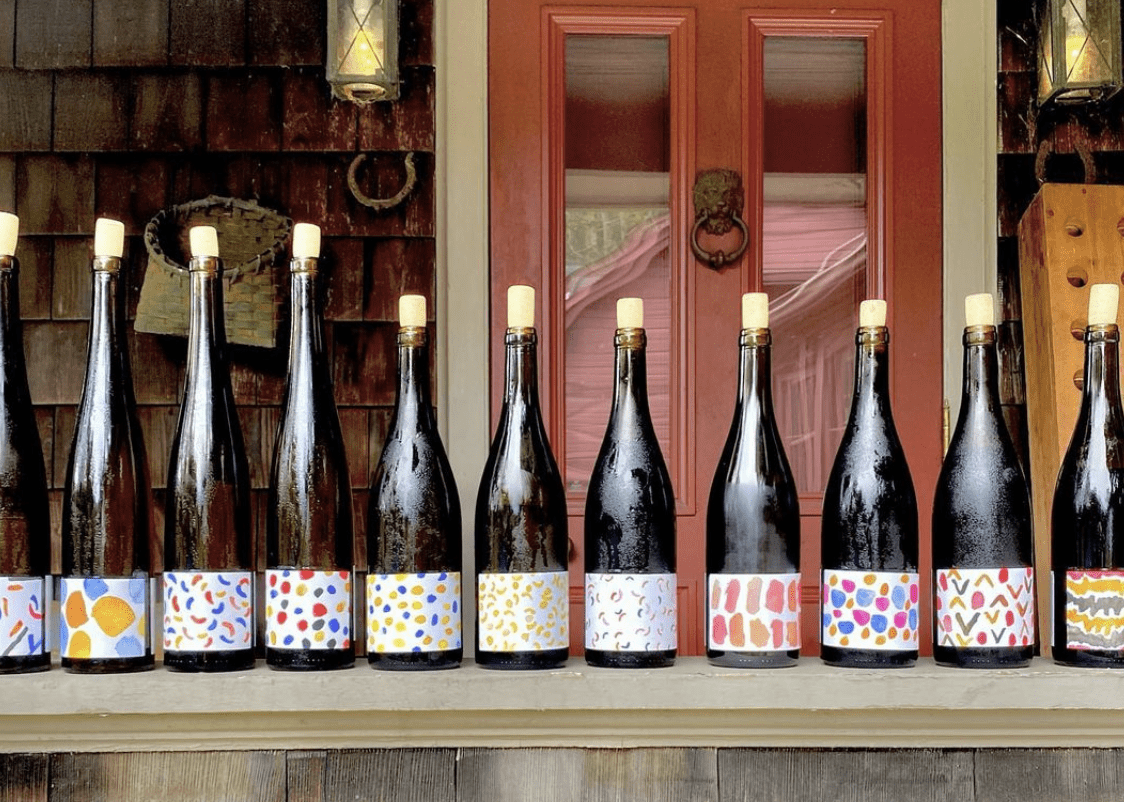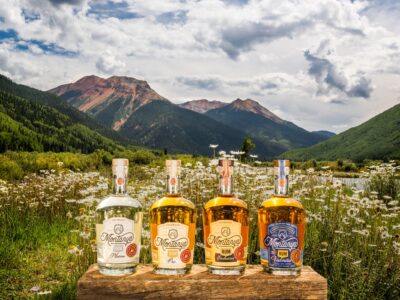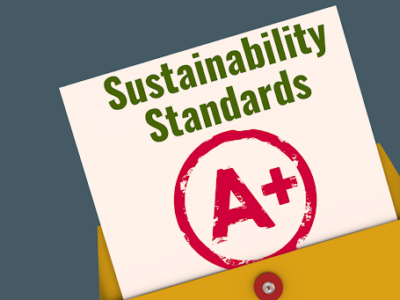A Long Island, NY, beverage operation is producing one of the most delicious and sustainable ciders. It’s been featured in some of the top restaurants in New York City. What makes it so special? Floral Terranes makes its drinks from entirely locally-sourced apples, but the fruit isn’t shipped from a farm in upstate New York — it’s foraged from their local area.
Started by Erik Longabardi and Benford Lepley in 2017, the two owners go to strip malls, small farms, and residencies to collect apples for their cider and wine lines.
“The bulk of our fruit comes from non-commercial orchards on privately owned land,” they told Consensus via email. “Sometimes this is a tree or two in someone’s backyard, and sometimes this is an orchard with dozens of trees on the property of an organization or business.”
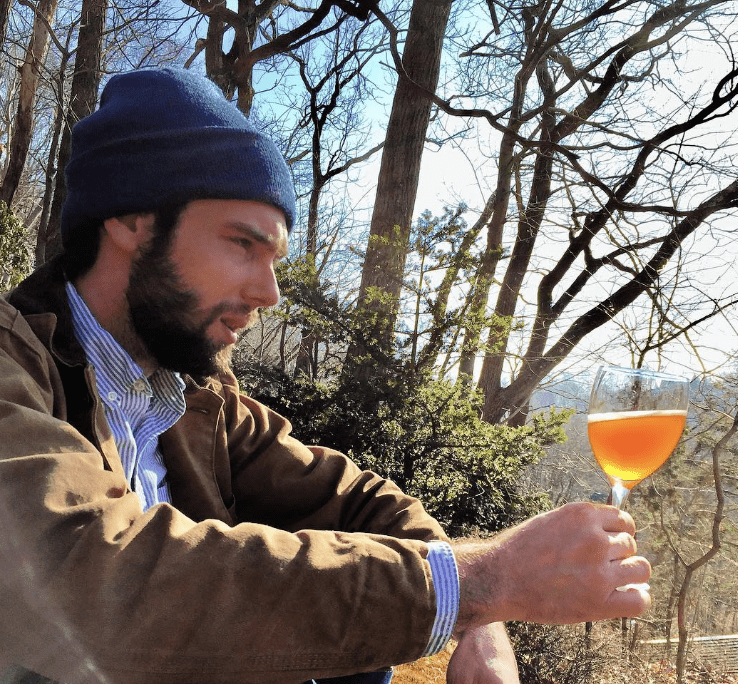
The company names many of its ciders after some notable events in Long Island’s history. The Ida line is a homage to the apples that crashed into the ground during Hurricane Ida. The Banbury Farm vintage was made with fruit from the old farm in Cold Spring Harbor, NY, part of the lab where DNA structure was discovered.
Longabardi and Lepley connected through Instagram. The two were interested in cider brewing with foraged fruit. After sharing each other’s techniques, they set up Floral Terranes.
Longabardi has a background in farm-to-fork restaurants, carrying a knowledge of sustainable ingredients. Lepley has an education in farming and even co-founded a fermentation business after college. He also worked for Aaron Burr Cidery, known for its traditional cider-making with open fermentation.
Some of the hardest parts of using foraged apples is getting permission from homeowners and businesses to let them pick the fruit. Many people they ask don’t hesitate; others don’t always reply or permit them. However, patience is a virtue with this job, as it takes time and money to produce such an interesting product.
“After taking into consideration all of the costs to locate, monitor, harvest, and process fruit that we get through non-wholesale means, we have to value the foraged fruit higher than if we were to purchase fruit wholesale,” Lepley explained. It’s certainly an innovative way to establish a sustainable, local supply chain.
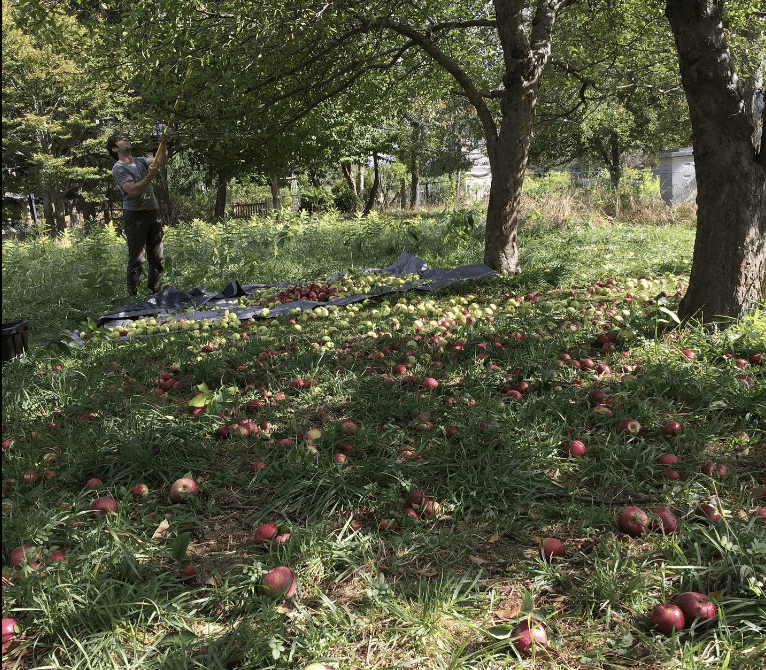
It’s remarkable what apples the two will find on Long Island. They were lucky enough to pick from a 107-year-old tree in a private residence. Longabardi and Lepley foraged from these trees after the homeowner agreed she wasn’t using all of the fruit.
When making the cider, the owners press the apples with a basket press. It’s a simple machine, but it gets the job done. They have foot-stomp grapes for their wine. Nothing is added to the fermentation tanks, just juice and natural yeast. Once ready, they bottle the drinks entirely in Longabardi’s garage.
As for the future of Floral Terranes, Longabardi and Lepley are looking to take care of the existing trees they use. “We also want to grow more trees, especially ones that have been cloned from the sites that we currently work with, to preserve the resource,” they said.
Floral Terranes’ work has put a new spotlight on the knowledge of apples while using a sustainable methodology of ingredient sourcing. It’s locally-grown, hand-foraged, and brewed with care.

